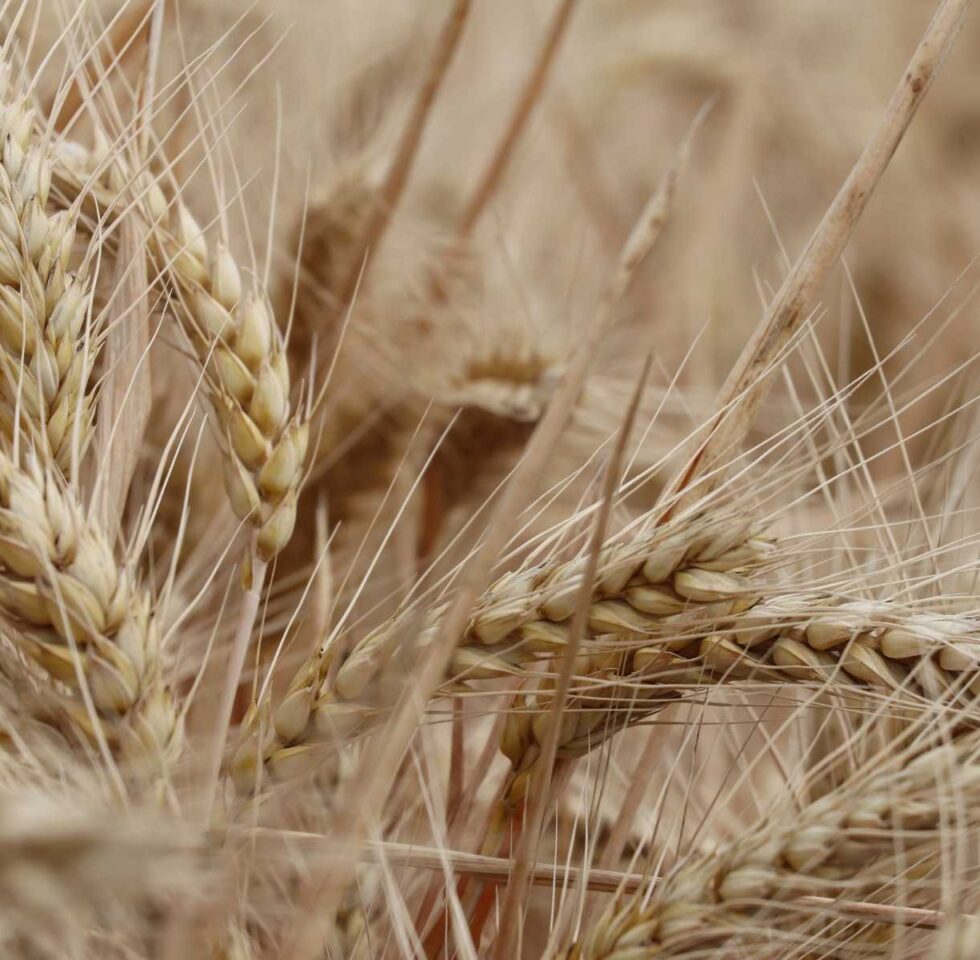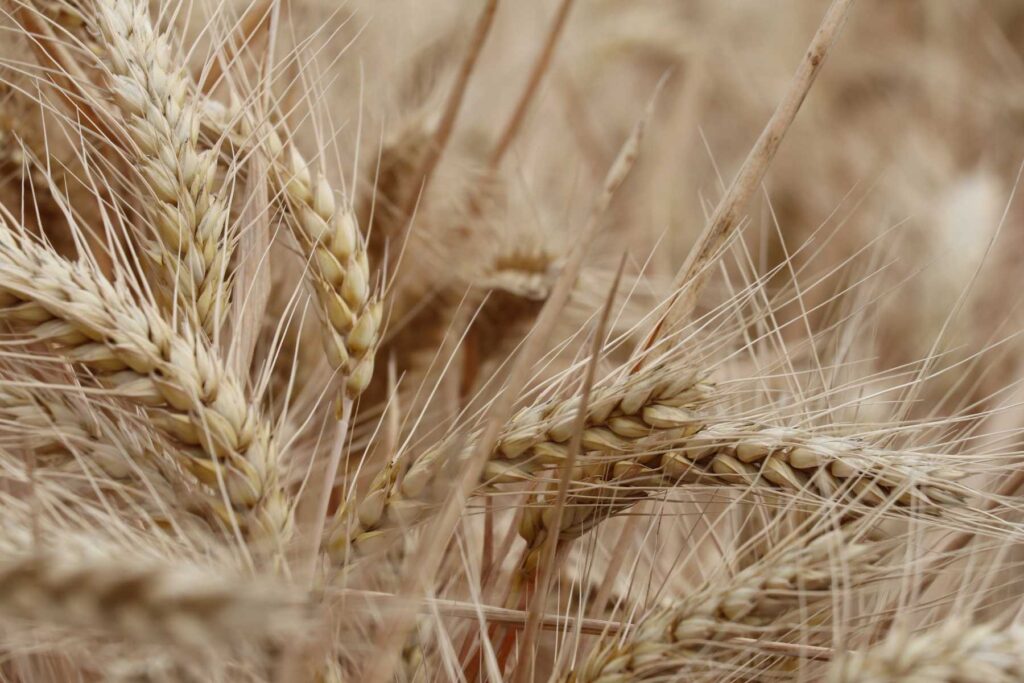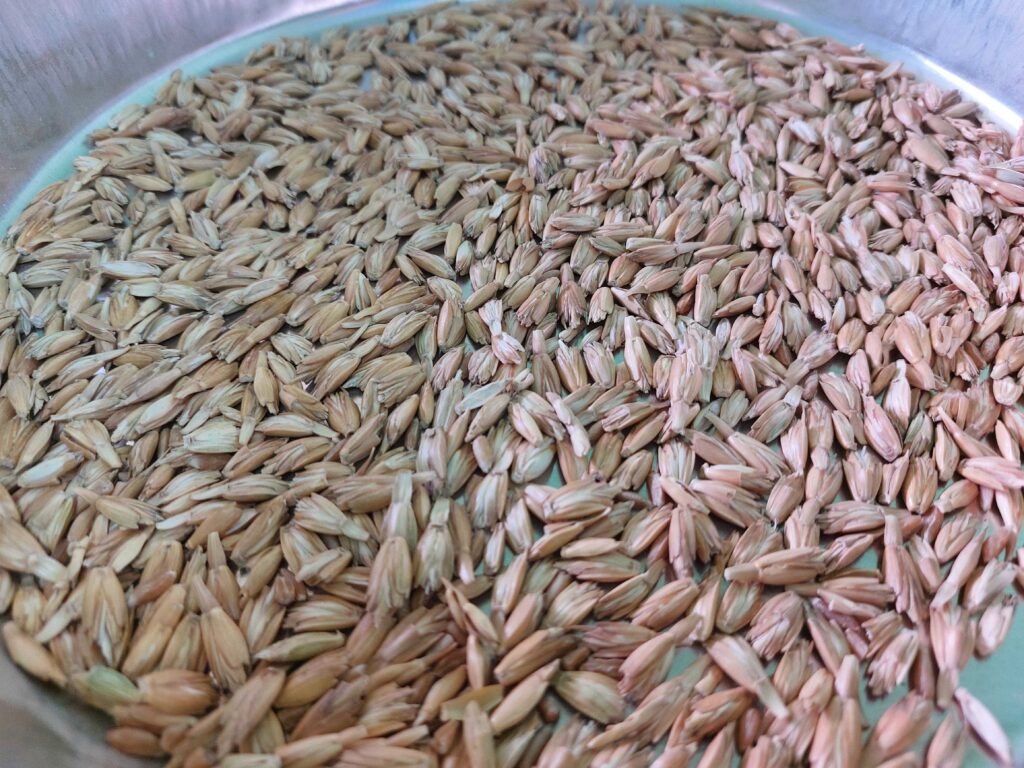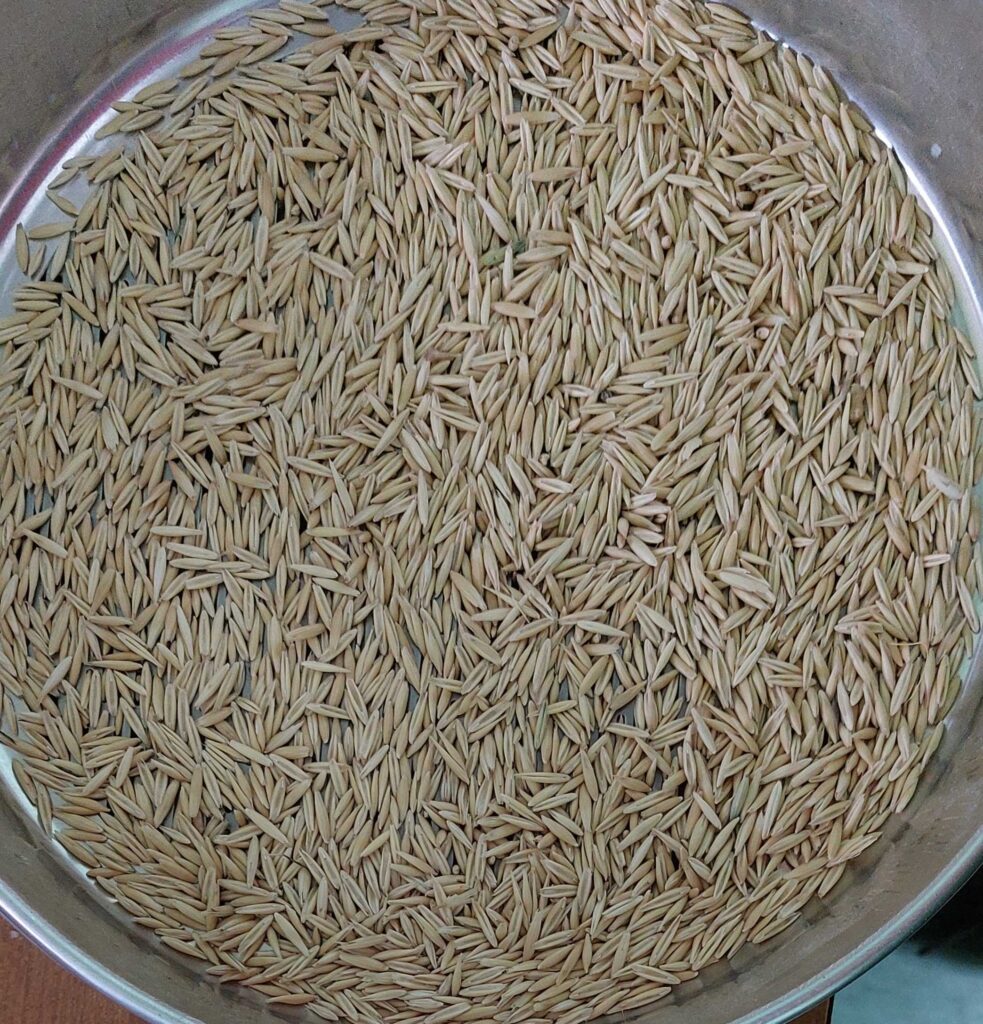Njamito Goes Fairtrade for Cocoa and Vanilla
March 31, 2025Njamito is now Fairtrade certified for cocoa and vanilla! Here’s what that means for farmers, the planet, and the values behind our meal-in-a-bottle.
Read articleHow changes and challenges in the organic market have affected our product sales.

Sales is not an end in itself, for us. In addition to the high quality of our produce, we hope our farming model inspires the transformation of conventional agricultural production into that which is organic and sustainable.
After a 3-year conversion period from non-organic to organic fields, in 2022 the first quantities of our goods received organic status, and were certified according to the EU-BIO regulation and the BioSuisse organic standard. These certifications, and the introduction of additional standards, also make a big contribution to build the trust and credibility of our company on the organic market.
As we entered the organic market, the first visible change we noticed was market-related. The market of organic raw materials for human food is very demanding, extremely competitive, and significantly narrower than the conventional market. As a result, there are also higher prices.

The decision to enter the premium segment of raw materials influenced our following actions. We first had to meet our target groups – processors and food producers for whom sustainability is an important factor. The knowledge we have and continue to acquire builds our self-confidence and fuels our way of production and the complete traceability of all the data we collect. Learning about the competitiveness and groups in this market also helps us deal with the next change we experienced.
The second change was less tangible, but just as important. There is greater sensitivity of the market to the non-EU origin of our goods. More specifically, Serbia (where our farm is located) is an official candidate for EU membership, and based on the Stabilization and Association Agreement, trade is free. However, restrictions arise because EU consumers and processors lack confidence in organic producers that come from outside the Union. So, our goods are not their first choice despite the good quality and the strictest standards in our production. Our plan has been to overcome the impact of this limitation by introducing additional standards. The presentation of LoginEKO and our production methods, our R&D, as well as IT solutions are the best marketing tools and ways to shorten the time needed to gain trust and credibility.

The organic food market is a rather narrow segment, with quality goods, great competition, already established relationships and occupied positions, long-term partnerships, and generally accepted supply chains. Still, we are sure that our comparative advantages and quality will be recognized.
The current market situation is a reflection of the lack of growth of the organic sector from 2022. This disruption is mainly due to the energy crisis linked to the war in Ukraine, and the high inflation across Europe. Despite an increase in consumption in 2021 due to the pandemic, the BIO market in Europe is still completely static. As such, there is great uncertainty and a greater supply of goods than actual demand.
Once these geopolitical/economic difficulties are overcome, the market will recover. The goal is to work on increasing consumption and the total hectares of organically certified land that is now used for conventional farming. We will focus on increasing awareness about our produce, because in order for farmers in conventional production to agree to start the process of conversion to organic, it is necessary that they have a market (demand/consumption) for their products and fair (organic) prices.
Our investment in the development of our sustainable organic food production model is fully in line with the “Farm-to-Fork-Strategy,” because the European Commission will boost the development of the EU organic farming area to 25% of the total farmland by 2030. As such, in order to attract new producers to the conversion process by 2030, it will be necessary to provide them with a market, i.e. support the market by promoting demand to provide them with the opportunity to sell their products for a fair price.
The plan is to promote our comparative advantages:
Where do we sell our 6,000 tons?
This season was very challenging because of the war in Ukraine and inflation in the Eurozone. Extremely large quantities of organic goods are present on the market and did not slow or reduce during the war conflict. Organic producers from Europe are struggling to find a market for their products at fair prices, which leads to large imbalances on the production side. The prices these goods are sold at are extremely low. All this was very disruptive to the market, which made it really challenging to adapt to, and while we were trying to introduce our produce to the organic community.
Our 2022 organic crops – various types of cereals, oilseeds, and legumes, have garnered interest in the markets of: Germany, Switzerland, Netherlands, Romania, Slovenia, and Serbia. Our raw materials supply the milling and baking industries, confectionery industry, oils and proteins, flakes, spreads, etc. Some of our products, such as de-hulled confection sunflower seeds, are ready for supermarket shelves.

Regardless of whether on an organic or conventional market, domestic or foreign, we are committed to also entering the food market for humans by creating novel, healthy, and tasty food products. This market is growing, in fact, FiBL says “In 2021, the organic market reached almost 125 billion euros – an increase of nearly 4 billion euros or approximately 3 percent.”Our long-term goal is to become one of the first choices for all processors of organic raw materials for human consumption on a global level.
***
Sources:
Njamito is now Fairtrade certified for cocoa and vanilla! Here’s what that means for farmers, the planet, and the values behind our meal-in-a-bottle.
Read articleIdealism met reality as we launched our meal-in-a-bottle, Njamito. After 100.000 bottles sold, here’s what we learned about organic food and market adaptation.
Read articleWith organic seeds in short supply, we launched our own organic seed production journey to secure sustainable farming practices.
Read article